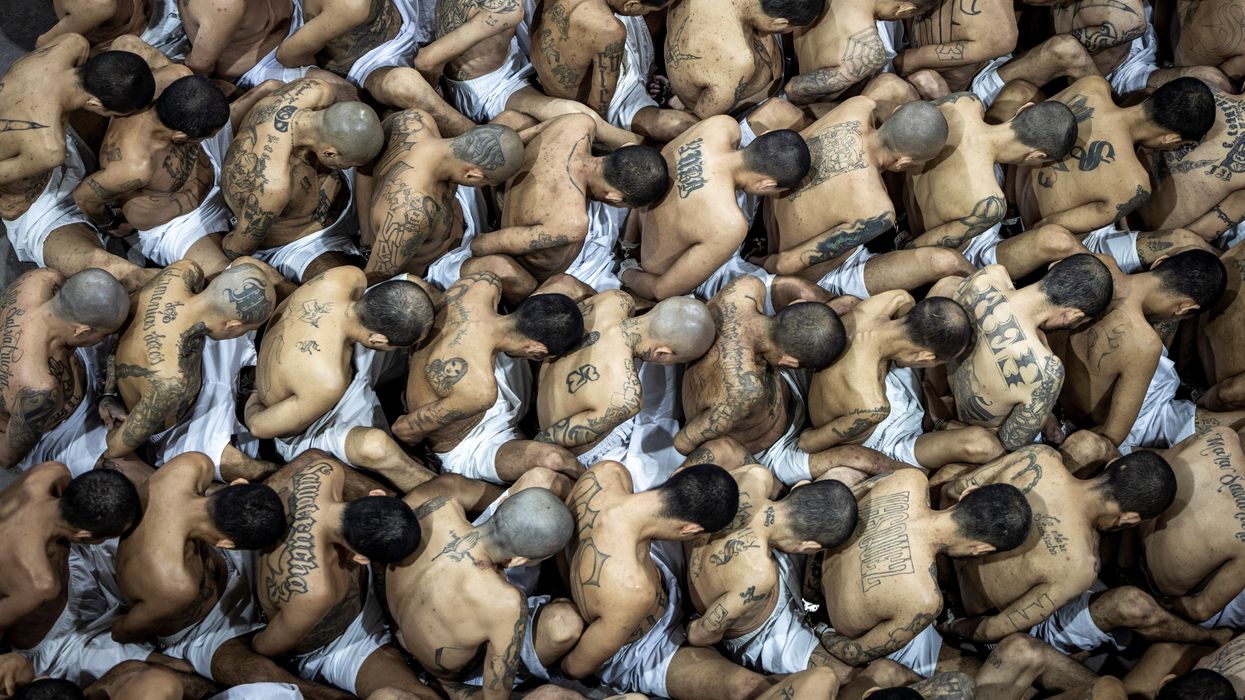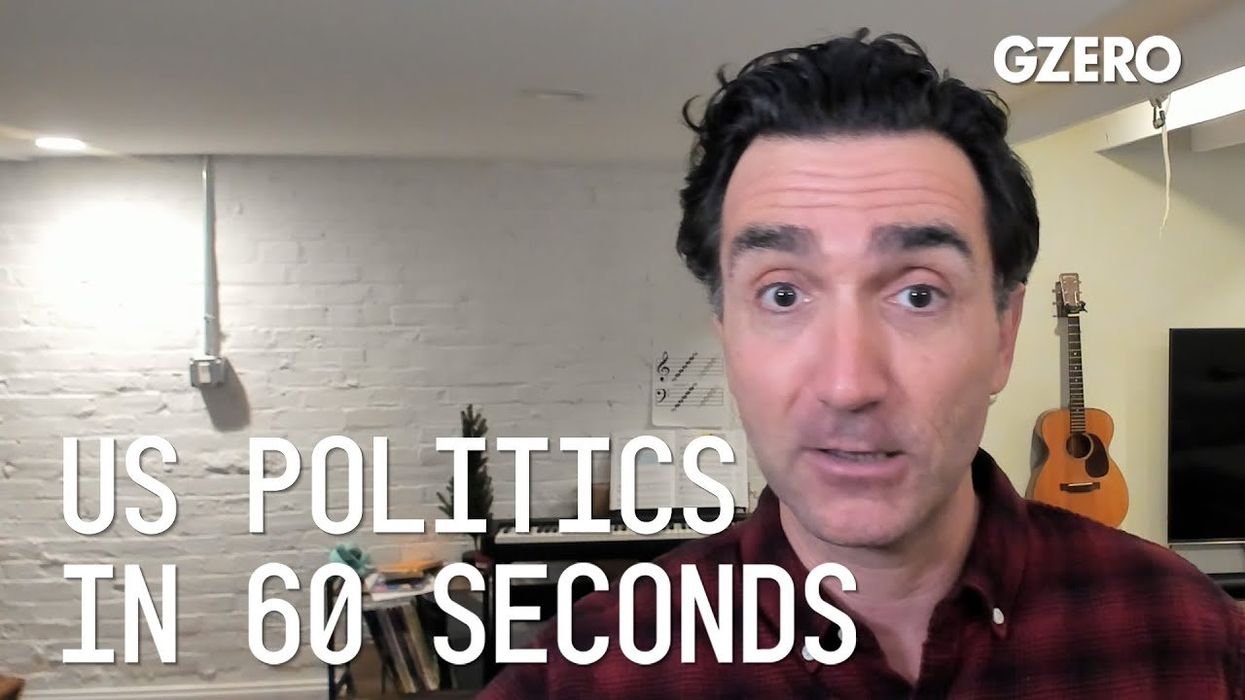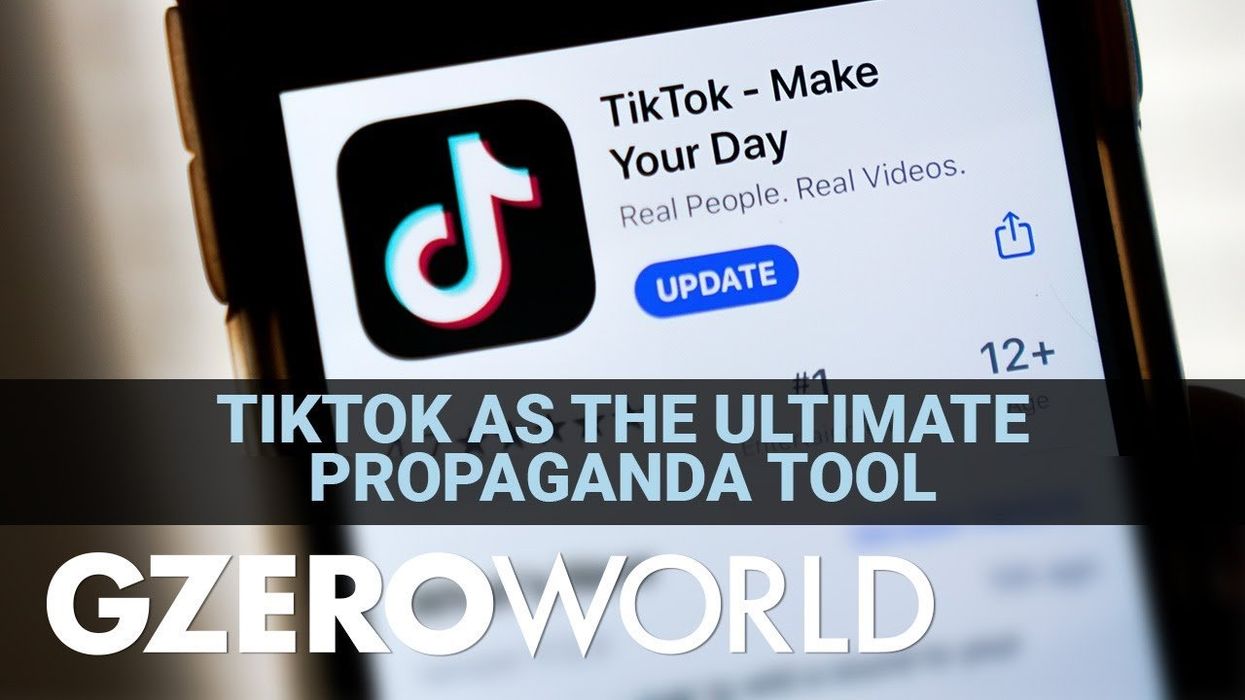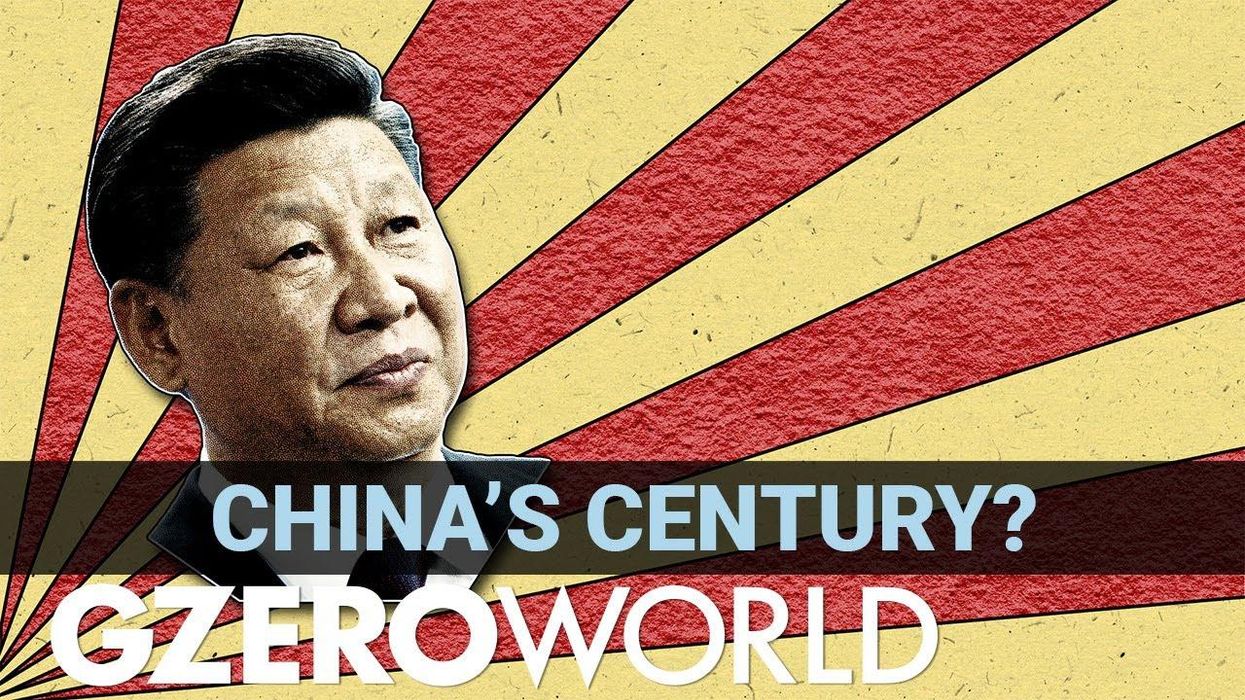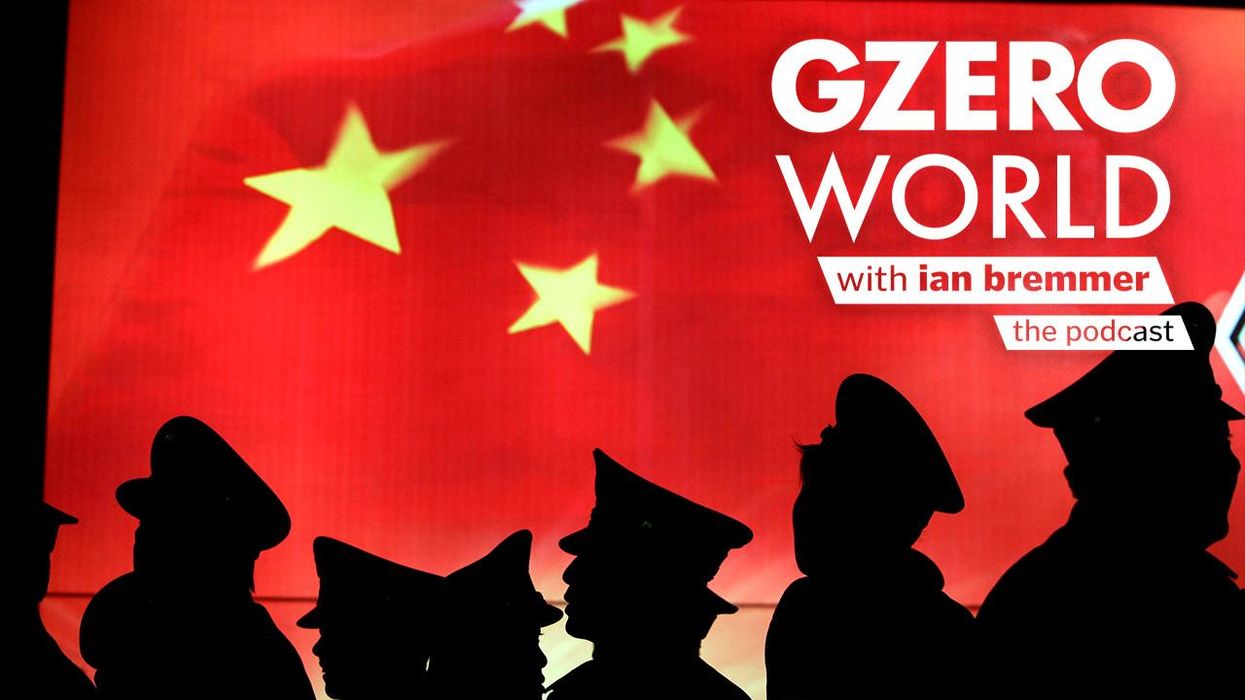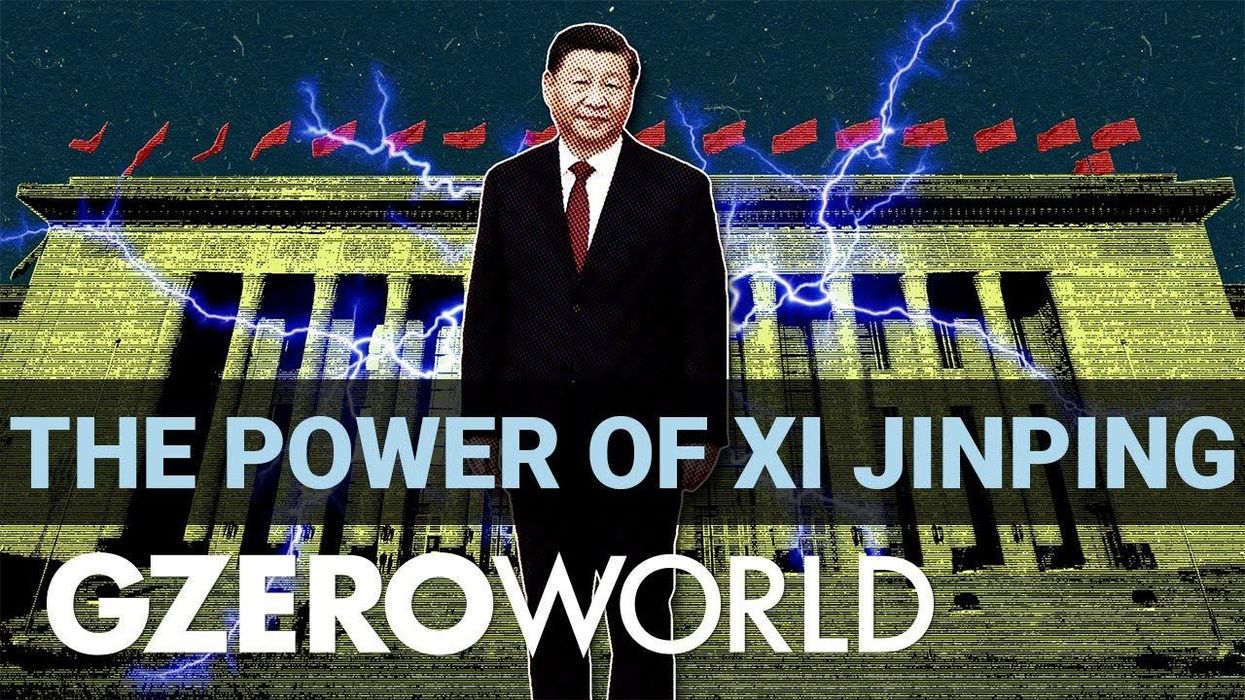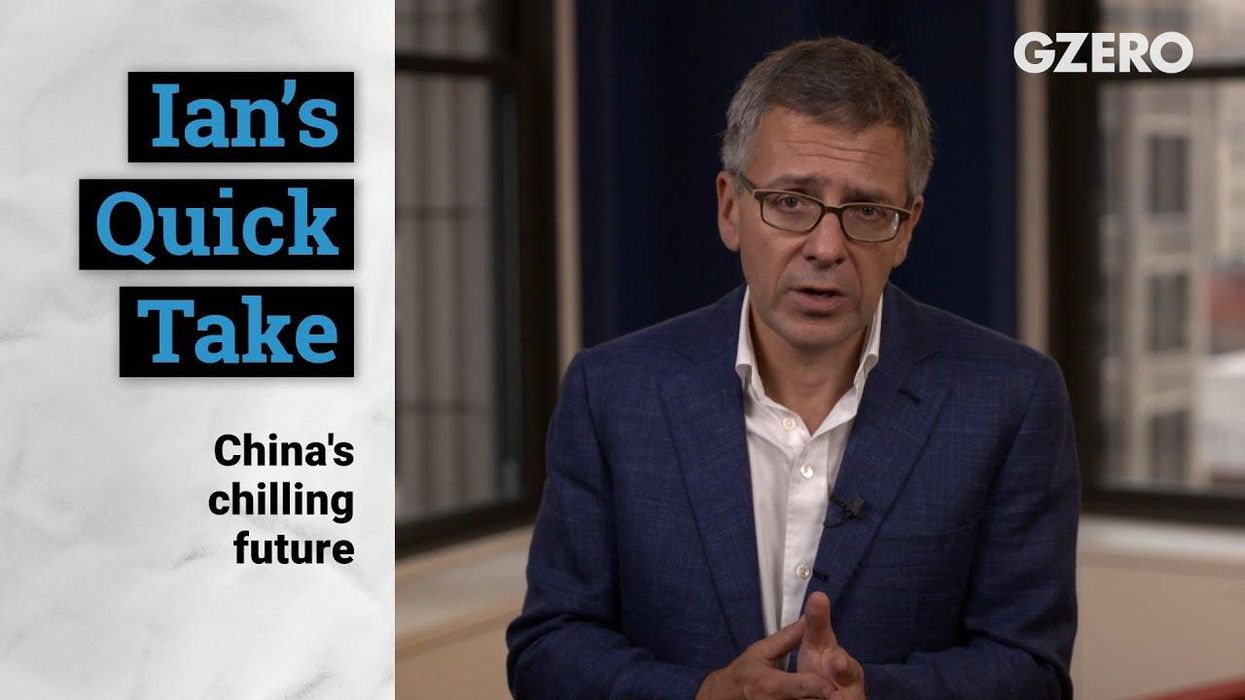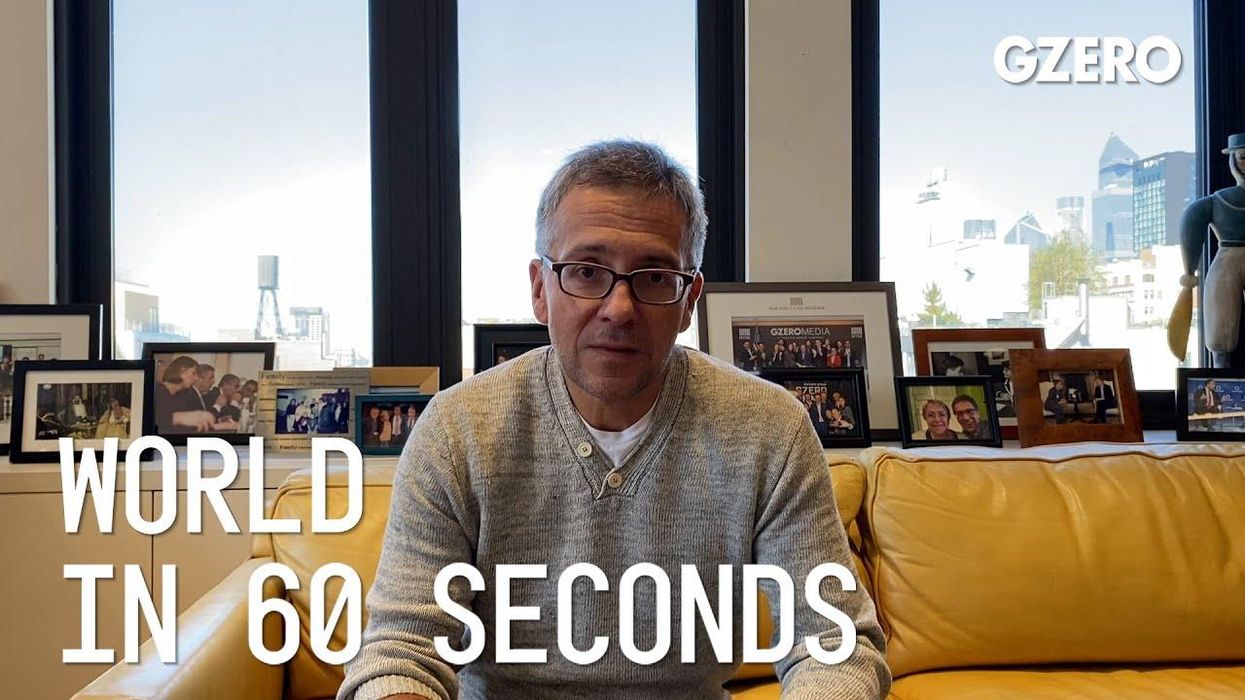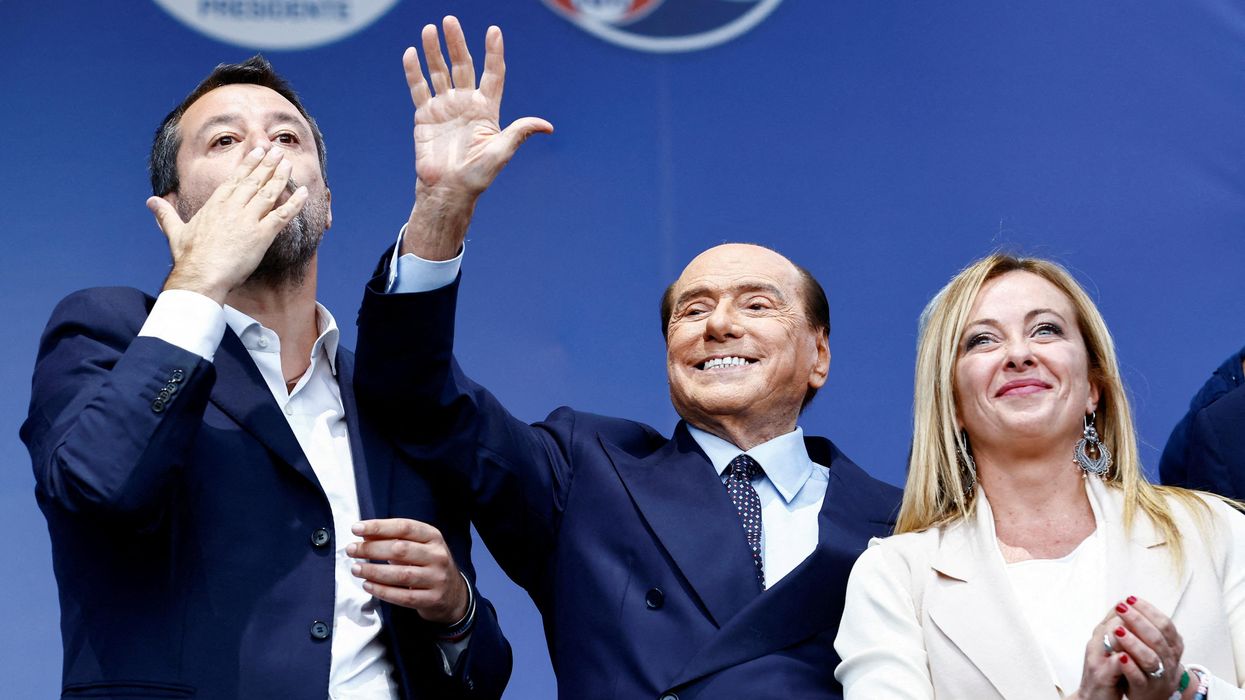China
China moves to ban funky clothes
It’s been decades since China has felt the need to roll out new security laws, but in a post-COVID moment of sluggish economic growth, Chinese authorities are placing new emphasis on rules meant to keep people from rocking the boat.
Sep 07, 2023

